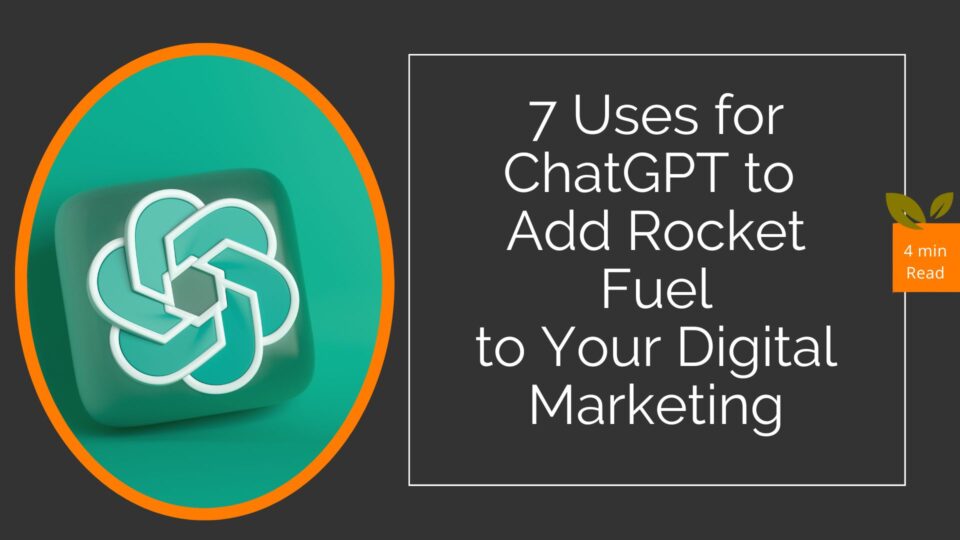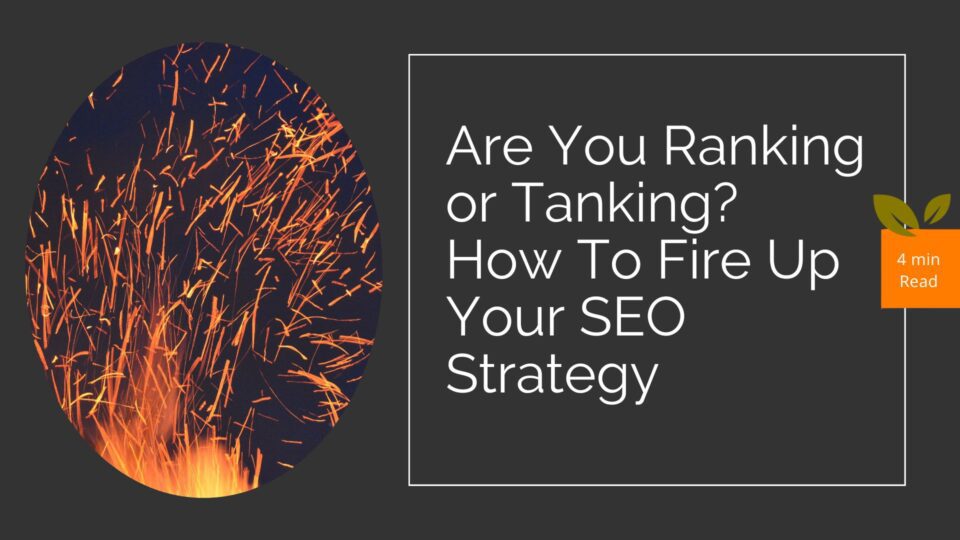5 Reasons Why Citation Building Matters to Your Marketing Plan

A citation might sound like something you don’t want, but when it comes to spreading the word about your business, citations are important. We’re happy to walk you through five reasons why citation building matters. Let’s start with the basics.
What Are Citations?
Citations are a business listing on a third party website. Such websites include business directories, review sites, publications, media outlets, social media pages and the all-important Google My Business. They include three key pieces of information that make up the acronym NAP. No, we’re not telling you to take a siesta (even though you really deserve it). NAP stands for:
N - Name
A - Address
P - Phone (number)
Your citation may also include pictures, links to a website or social media, hours of operation, services and more.
1. Provide accurate information to customers
When search engine crawlers find a citation for your business, they use it to provide information when people search online. They take the citation into consideration whether or not the information is correct. Your company risks its good reputation if a web search calls up inconsistent information. Plus, search engine crawlers won’t rank your page as high because the information won’t be considered trustworthy. We’ll talk more about rankings below. We know that business is all about pleasing the consumer. Local citation platform BrightLocal found that 93 percent of consumers find inaccurate information to be frustrating. Don’t irritate your customers with misleading information, or you might lose out on a sale!
2. Improve your SEO
Search engine optimization, or SEO, is a game changer for websites. Improving the local business citations of your website is a great way to enhance its search engine optimization (SEO). Think of citations as the entries in a digital phone book, but the best place to be is at the front of the book. With the right SEO strategy, you can be the first search result even if your company is “ZZZ Pillows.” The top four citations for your business are Google My Business, Bing Maps, Facebook and Yelp. If you're found on one of these trusted online directories, search engines know your business is legit and are more likely to point searchers to your page for answers.
3. Boost your local search ranking
Local citations can positively impact your local search engine rankings; after all, Google wants to give its users accurate information. Citations help you build prominence, which refers to how well-known and well-reviewed your business is online. Google uses prominence to determine local ranking. As a matter of fact, it’s local search document states that prominence is one of the top four factors. It’s estimated that citations account for approximately 13 percent of how search engines like Google will rank your business in local searches.
There are three factors that influence rankings:
- Number of citations
- Accuracy of the citations
- Quality of the platforms the citations are on
If Google’s web crawlers gather accurate and consistent data about your business, the search engine trusts the information and can strengthen your chance of ranking high. The opposite is also true. Search engines will index what is consistent and authoritative. The more consistent your citations are, and the more of them that exist across the web, the more traffic you’ll get to your site. This traffic may come from clickthrough from a search results page or from a third-party directory (think Yelp, BBB or Yellow Pages).
4. Target the way consumers search
The way consumers find information is ever-evolving. Your grandparents (or great-grandparents) might have held the very first phone book back in 1878. Obviously things have changed a lot since then: Now, if you even own a phone book, it’s most common use might be as a makeshift high-chair for little kids at dinner time. The most popular way that people search for information today is online. People make trillions of searches on the Internet every year, which often turn into online purchases or in-store visits. Voice search on applications like Siri, Alexa, Cortana and Google Home are also becoming increasingly popular. When you ask Google a question, it will answer with the highest ranked featured snippet. Yet another reason to optimize your SEO and take the top spot on a search results page.
5. Provide information for others to cite you
It’s awesome to get publicity for your business from news sources, bloggers and business partners. It’s not so awesome if they can’t figure out how to give you credit, or if they repeat inaccurate information. Take advantage of free shoutouts by keeping your information correct on search engines like Google My Business and Bing Places for Business.
Now, let’s look at our recommended tools for monitoring and updating your citations.
How to Optimize Business Citations
Now that you understand the importance of citation building, it’s time to put that knowledge into practice. We use BrightLocal for citation management in order to save our clients time and money. The service uses data aggregators, so you plug in your information to the site once and it populates to sites all over the Internet. This reduces the chances of human error and the time it takes to manually register for individual listing cites. It allows us to manage several local citations at the same time, which is perfect since we do it for all of our clients. The platform also alerts us when duplicate citations are found and if any NAP errors occur. Like we said earlier, consistency is key when it comes to building citations.
To optimize your citations, add in extra features like photos, a description of your business and a blurb about each of your services. You should also encourage customers to review your business and respond to their feedback, both positive and negative.
If you’ve got answers, we can connect you to internet searchers with burning questions. Looking for citation building and management plus SEO optimization services? Let us put our knowledge into practice as we’ve done for dozens of other clients who are ranking at the top of search results. Book a free and non-salesy marketing strategy consultation with our team.

5 Bad Marketing Strategies That Guarantee You’ll Never See a Lead From Your Website
Is traffic to your website dwindling? Are you finding it difficult to generate leads no matter what tactics you’ve tried? Are you all but ready to put on your best walking shoes, pack up that briefcase full of products and go door to door just to get leads and grow your business? It may be…
7 Uses for ChatGPT in Your Digital Marketing
There’s a new author on the market and seemingly everybody wants it. ChatGPT is the free artificially intelligent robot that is causing a stir among humans who write and create written content. Here are seven uses for ChatGPT to boost your marketing efforts. What Is ChatGPT? ChatGPT is a free artificial intelligence (AI) tool using…
Ranking or Tanking? Fire Up Your SEO Strategy Process
Where is your small to mid-sized business ranking on Google? If you’re not where you’d like to be (like on page 1), it could be time to take a closer look at your SEO strategy process. Here are the essential steps we follow as a digital inbound marketing agency to help our clients rank higher…




